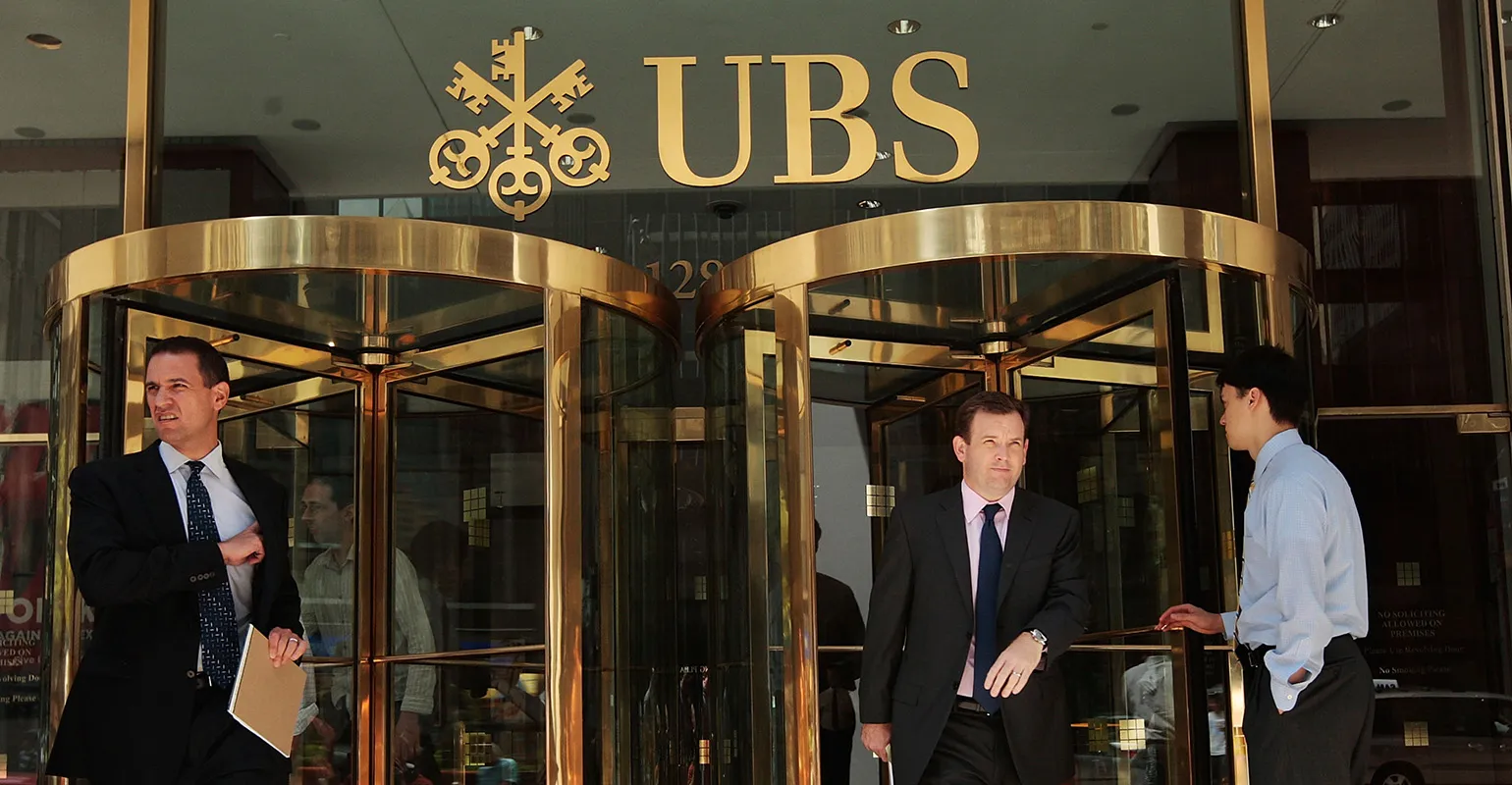Credit Suisse Turmoil: An angry group of AT1 investors, UBS, and Switzerland
In the event that Credit Suisse's wealthy Asian clients are not pleased with the shotgun wedding, it may turn out to be a very awkward situation for UBS.
Rather than depositing their money with JPMorgan Chase & Co. and HSBC Holdings Plc, why do rich Asians prefer UBS Group AG and Credit Suisse Group AG? The Swiss are considered to be a law-abiding, stable nation, unmolested by the political turmoil that investors in emerging Asian markets are all too familiar with. In addition, the film Dilwale Dulhania Le Jayenge, which portrays the idyllic Alps in its idyllic setting, may also have contributed to the idea of the idyllic Alps being associated with Bollywood.
As a result of UBS and Credit Suisse's shotgun wedding, Swiss prestige has just been eroded even more. Swiss authorities made an emergency legislative change so that they could push through the deal without the shareholder's approval. This was done as a matter of expediency. There are also instances where local regulation has let go of the normal pecking order in corporate finance, thereby causing junior bondholders to incur greater losses than shareholders.
There is, however, more to a marriage than just getting married. It is quite possible that UBS could find itself in a rather awkward position if Credit Suisse is forced to write off all of its $17.3 billion Additional Tier 1 notes. A lot of the best private bankers and clients of Credit Suisse's wealth management division are based in Asia, and there is no guarantee that they will stay with UBS when it becomes part of its international division.
In Hong Kong and Singapore, wealthy Asians that bank there are very fond of AT1s issued by European banks such as Credit Suisse and Deutsche Bank AG. A note from Credit Suisse offers a coupon rate of 9.75% and is tax-free. Analysts say US lenders' AT1s are subject to withholding tax from Washington.
This has resulted in the loss of millions of dollars for some wealthy Asians. It's now up to them to decide where to direct their anger. What will they do about their misfortune? Will they blame UBS?
Typically, big mergers come with execution risk. UBS could experience tremendous growth in wealth management with this acquisition, particularly in Asia if it is well integrated. A 40% increase would result in over $600 billion in invested assets.
The Swiss brand could also be fled by wealthy Asians. Outflows from UBS have certainly been large in the past. Based on estimates from Autonomous Research, the bank lost 18% of its client assets during the global financial crisis. In the event of substantial outflows, layoffs are likely to be the most significant cost-cutting measure. About 23,000 employees were employed by the two banks in Asia at the end of 2022.
Swiss authorities seem to be distancing themselves from UBS. A question about the AT1 wipeout was asked on an analyst call soon after the deal was announced. The Swiss Financial Market Supervisory Authority, not his bank, made the decision, according to Chief Executive Officer Ralph Hamers. That write-down, however, is primarily benefiting UBS.
AT1 investors are now preparing to take legal action against Credit Suisse. In Hong Kong, some are also organized. Despite knowing that AT1s are risky, they are not asking for a full recovery.
When UBS is enlarged, the wealth management division could generate tens of billions of dollars in revenue each year. Thus, the Swiss authority may have been making a mistake. Without the blessing of the broader family, a marriage cannot be happy, as Raj Malhotra in the Bollywood hit film knows.

Subscribe to our newsletter!
As a leading independent research provider, TradeAlgo keeps you connected from anywhere.








